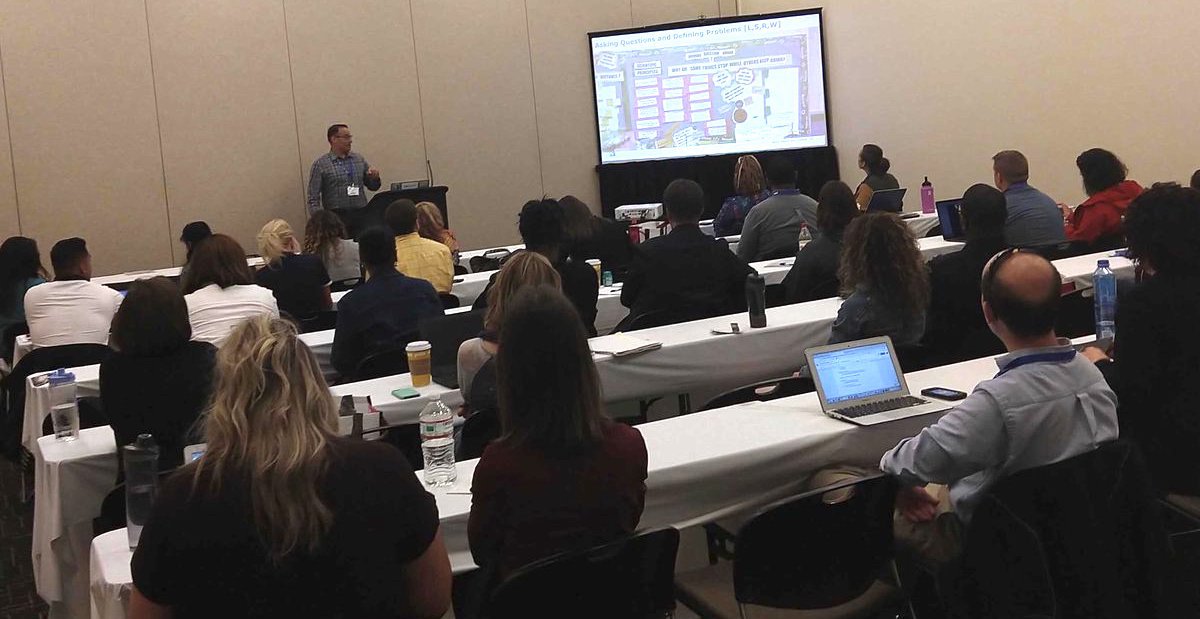“STEM teachers are not prepared to foster simultaneous content knowledge and language development,” states the National Academies of Sciences in their October 2018 report [1]. The science teachers we met at NSTA 2019 in St. Louis last week largely agreed. Sixty of them filled the room on Thursday for our 90-minute session on Integrating Academic Language and 3-D Science Learning. Here are specific challenges that several participants shared:
My students struggle with vocabulary and their writing is fragmented.
Teaching language takes time away from teaching content.
My district discourages teaching vocabulary.
We face a trade-off because language is perceived as lower-order cognitively versus high-order scientific thinking.
Many teachers made an effort to integrate language activities into class. In most cases, however, the activities focused exclusively on vocabulary. More than half of the teachers raised their hand when asked if they used Quizlet as a primary tool for this. The tendency to conflate “academic language” with vocabulary explains why districts may discourage practice and why teachers may consider it lower-order thinking.

As a result of the session, we hope participants took a few things away with them:
- Teaching language doesn’t have to take time away from content. The two can be integrated. In fact, that’s what we do here at Speak Agent! And it’s why school districts are seeing such strong results using Speak Agent, even with less than 30 minutes per week of usage.
- Vocabulary is only one part of the academic language picture, albeit an important part. But it’s equally important to have students interact with each other using writing/media and conversation about authentic classroom content — applying new terminology. Or having students ask questions, explain what they’re reading, and evaluate others’ ideas through active listening.
- Learning academic language absolutely involves higher-order thinking. Our new Speak Agent 3-D approach teaches complex concepts by requiring students to analyze and interpret observations/data, evaluate hypotheses/ideas, and create models/arguments — all using using language!
Lastly, it should be noted that the term “academic language” may go out of style in the next year or two. Even the four domains of language (listening, speaking, reading and writing) are being restated in new ways such as “productive, collaborative, and interpretive” modes of language interaction (see the CA ELD standards). And yet, no matter how the “language of language” changes, the real-world challenges remain the same!
[1] National Academies of Sciences, Engineering, and Medicine. (2018). English Learners in STEM Subjects: Transforming Classrooms, Schools, and Lives. Washington, DC: The National Academies Press. doi: https://doi. org/10.17226/25182.




